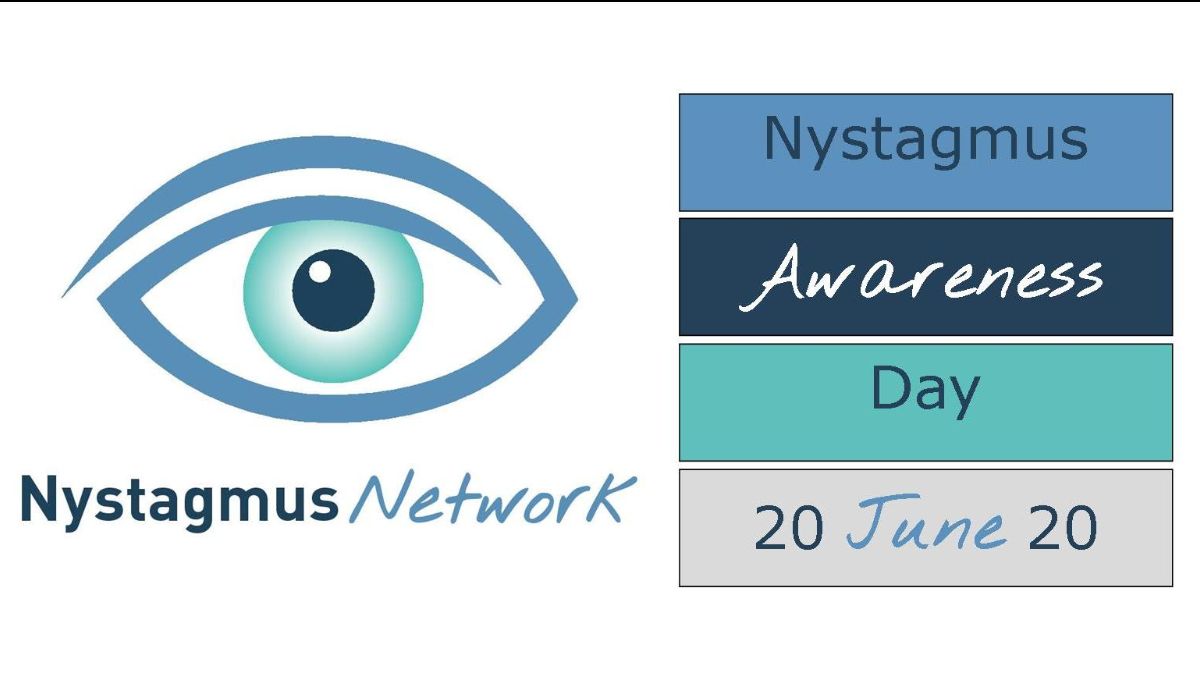Understanding and Celebrating International Nystagmus Awareness Day on June 20th
Every year on June 20th, we observe International Nystagmus Awareness Day, a day dedicated to raising awareness about nystagmus, a relatively unknown eye condition. This observance aims to educate the public, support those affected, and encourage further research into this condition.
What is Nystagmus?
Nystagmus is a vision condition characterized by uncontrolled, repetitive movements of the eyes. These movements can be side-to-side (horizontal nystagmus), up and down (vertical nystagmus), or in a circular pattern (rotary nystagmus). This involuntary movement can affect one or both eyes and often results in reduced vision and depth perception, leading to difficulties in daily activities.
There are two main types of nystagmus:
1. Congenital Nystagmus: This type is present at birth or develops within the first few months of life. It is often associated with other vision disorders such as albinism, congenital cataracts, or optic nerve abnormalities.
2. Acquired Nystagmus: This type can develop later in life due to various factors, including neurological disorders, head injuries, medications, or inner ear problems.
Recognizing the Symptoms
Symptoms of nystagmus can vary, but common indicators include:
– Uncontrollable eye movements
– Blurry or shaky vision
– Difficulty focusing on objects
– Sensitivity to light
– Head tilting or turning to improve vision clarity
If you or someone you know exhibits these symptoms, it is essential to seek advice from an eye care professional for proper diagnosis and management.
The Impact of Nystagmus
Nystagmus can significantly impact an individual’s quality of life. The constant movement of the eyes can make it challenging to read, drive, or engage in activities that require steady vision. Children with nystagmus may experience difficulties in school due to problems with reading and writing. Additionally, the social and emotional effects can be profound, as those with nystagmus might face challenges in social interactions and self-esteem.
Raising Awareness and Support
International Nystagmus Awareness Day is an opportunity to shine a light on this condition, support those affected, and promote understanding and empathy within our communities. Here’s how you can get involved:
1. Educate Yourself and Others: Learn about nystagmus and share information with your friends, family, and colleagues. Understanding the condition helps reduce stigma and promotes empathy.
2. Support Research and Advocacy: Donate to organizations dedicated to nystagmus research and advocacy. These organizations work tirelessly to find better treatments and provide support for those living with nystagmus.
3. Participate in Events: Join or organize events such as webinars, fundraisers, or awareness campaigns. Use social media to spread the word and engage with the nystagmus community.
4. Encourage Regular Eye Exams: Advocate for regular eye exams, which can help in the early detection and management of nystagmus and other vision conditions.
Advances in Treatment and Management
While there is currently no cure for nystagmus, various treatments and strategies can help manage the symptoms and improve quality of life. These include:
– Corrective Lenses: Glasses or contact lenses can help improve vision clarity for some individuals.
– Medications: Certain medications may help reduce the severity of eye movements in some cases.
– Surgery: In rare instances, surgery may be recommended to improve head posture or reduce eye movements.
– Vision Therapy: Customized vision therapy programs can help improve visual skills and coordination.
A Day to Reflect and Take Action
International Nystagmus Awareness Day is more than just a day on the calendar; it is a call to action. By raising awareness and understanding, we can make a significant difference in the lives of those affected by nystagmus. Let’s use June 20th to educate ourselves, support research, and show solidarity with the nystagmus community.
June 20th is the International Nystagmus Awareness Day. On June 20th, let’s bring attention to this eye condition that can cause severe vision problems. Together, we can foster a world where individuals with nystagmus receive the understanding, support, and resources they need to lead fulfilling lives. Happy International Nystagmus Awareness Day!
To learn more about Nystagmus, click HERE or text us at 407-292-9812 to schedule an appointment.
Top image used under CC0 Public Domain license. Image cropped and modified from original.
The content on this blog is not intended to be a substitute for professional medical advice, diagnosis, or treatment. Always seek the advice of qualified health providers with questions you may have regarding medical conditions.

